Conflicted Destiny - Season 1 Episode 24
.jpg?w=900&ulb=true&ssl=1)
Conflicted Destiny - Season 1 Episode 24
It was not over yet..like the good ale lizard, you fall, get up and look both left and right, and if there was nobody to praise your bravery, you node you head in self congratulatory motion and try again..
**********
The next morning, Elise and I boarded a big truck that was transporting goods from Freetown to Liberia. It was full of merchandise as well as people, and we sat on top of the merchandise like everyone else. Unfortunately, just as I had experienced on my last road trip, the road was unpaved, so the journey was excruciatingly slow and bumpy. It took us all day to get from Kenema to the border town on the Sierra Leonean side. When we arrived, we all climbed down from the truck; it had to go through customs, and all the passengers were required to go through immigration separately. Elise and I handed over our passports to be stamped. The immigration officer flipped through them, searching for the entry stamps—which, of course, were not there. He asked us how we had gotten into the country without passing through immigration. We couldn’t reveal that we had been stowaways, so we told him that we had crossed the border a couple of days ago and that the immigration officer must have forgotten to stamp our passports. He didn’t buy the story. We were immediately arrested and detained in a holding cell.
We spent the rest of that day, and the next, without food or water. The condition of the cell was terrible. Once again, I brought out my traveling companion, my Bible. I read a few verses and then prayed to God, reminding Him that we had an agreement that I would never spend more than three days in any form of detention. Right after that, a young female officer brought some food to us. I had no idea why she did it, but at that point she was my angel. She promised to see what she could do to have us both released. On the evening of the second day, she came back with some food, and right after we finished eating, she opened the cell door and told us that we were free to go. Our passports were stamped. She also told us that Sierra Leone was more lenient, and she suspected that we would have serious problems getting through Liberian immigration because of the stamp issue. We thanked her and took off.
By this time, the truck that we had paid to take us to Liberia had left and we had very little money remaining. We decided to walk across the border and find another vehicle. Even if we didn’t have enough money to pay our way to Monrovia, we would convince the driver that we would pay him when we arrived.
This border between Sierra Leone and Liberia was divided by a big river called the Mano River. To cross from one side to the other, one had to go across a long bridge. The space between the two borders, including the bridge and the river, were considered no man’s land. We walked across the bridge to the Liberian side and proceeded to immigration, where we presented our passports to be stamped. Unfortunately, the officer noticed the previous Liberian stamps in our passports, which indicated that we had entered Liberia. He looked for an exit stamp and couldn’t find one. He decided that we couldn’t be admitted back into Liberia and demanded that we return to wherever we had come from.
We had a serious dilemma. We couldn’t go into Liberia, and we had just spent two days in detention on the Sierra Leonean side and had eventually been stamped for our exit, so we couldn’t go back there, either. We sat on the bridge between the two countries, wondering what to do next. We were hoping that maybe we could sneak through when no one was watching, but a Liberian officer was keeping an eye on us.
After sitting on the bridge for a few hours, watching people go by, I noticed a man going from the Sierra Leonean side to the Liberian side. He looked Nigerian to me. I greeted him in Igbo and he responded. He looked surprised and wanted to know what we were doing on the bridge. We explained our problem. Since he couldn’t help resolve our situation, he gave us some money and wished us the best.
Having received some money, we decided to go back to the Sierra Leonean side of the border. There was a little town right after the bridge, before the immigration station. We searched for a place to spend the night and found someone who was renting a room in a house at the bank of the river. We paid him for the night and settled in, surveying the surroundings. Looking across the river on the Liberian side, we noticed that there was no security whatsoever, so we thought if we could swim across, we could easily bypass Liberian immigration and continue our journey. We decided to make a move at midnight.
A few minutes after midnight, we went down by the river. Mano River is one of the biggest rivers between Liberia and Sierra Leone, and it flows very fast. I couldn’t go first because I was afraid of rivers. I was still traumatized by my near-death experience at the waterside in Aba. Elise was a good swimmer, so he decided to go first. He jumped in, and a few minutes later was on the Liberian side of the river. He waited for me, but I panicked. After several minutes I waved him off. Reluctantly, he left.
I returned to the room to think about what I would do next.
I didn’t sleep a wink that night. I sat on the bed wondering what the next day would bring. By morning, I had made up my mind to return to the Sierra Leonean side, which meant I had to go through immigration again and be stamped in.
As the day broke, I cleaned myself up and went over to immigration. Fortunately for me, the nice young officer who had fed us while we were in detention was on duty that morning. I explained what had happened; she was very understanding and stamped an entry in my passport. She also introduced me to a police officer who worked at Kenema. The idea was for me to return with the officer to Kenema and, with his help, try to get into Liberia through a different crossing point near Kenema. The officer and I boarded a taxi and headed out.
We spent the night at the officer’s house at Kenema, since we arrived late and I couldn’t continue the journey that night. My companion turned out to be a very popular guy; almost everyone knew him. Even the Liberian officials working on the Liberian side of the crossing point knew him well. That evening he took me to a bar where all his friends were meeting. As we were socializing with his friends, another friend of his, called Johnny, showed up.
Johnny was a Liberian military officer and worked at the same border crossing point that I was supposed to be crossing through. While everyone got merry and drunk, the officer pulled Johnny aside and explained my situation, and it was agreed that Johnny would take me with him across the border the next morning.
When daylight came, the three of us took a taxi from Kenema to the border crossing point, which was located in the jungle. We arrived at the border post and the officer told his friends there to stamp my passport, which they did. Meanwhile, as usual, the customs officer at the post was searching people who passed through. I was a little concerned about the search, since I had told the officer and Johnny that I had no money on me, and could only pay them for their help after I got to Monrovia—but the truth was that I still had a few US dollars. The customs officer asked if I had anything to declare, and I said no. Before he commenced the body search, I took out everything in my pocket, including the US dollars, and lay them on the table in plain sight, but slightly covering the money with my handkerchief. My trick worked. Nobody bothered to go through my items. My idea was to make believe that I had nothing to hide; otherwise I wouldn’t have la!d out the items. After the search, I thanked the police officer and promised to come back to Kenema in the future and reward him for all his help. Johnny and I went down to the riverbank to catch a canoe across. This border crossing point had no bridge; the only means of crossing from one side to the other was by canoe. Johnny and I were ferried across within twenty minutes.
On the Liberian side, there was no structure at the border post. Rather, the immigration, police, and military officers assigned to that location worked from their shanty house a few meters from the riverbank. It was a small community, a typical rural Liberian village; all the houses were made of mud. The villagers were mainly subsistence farmers and hunters. There were about ten houses and maybe one hundred inhabitants in the village, and no amenities at all, not even pipe-borne water or electricity. Johnny was sharing the house with other officers, and most of them had their wives and children with them. As a single man, Johnny had his own room, and I was able to stay with him. The other officers at the post were not pleased with Johnny for bringing me. They suspected that I must have been involved in something illegal, and that was why Johnny was helping me.
I didn’t know how Johnny explained my situation to them, but when they asked me, I told them that I lived in Monrovia, had just visited Sierra Leone, and was now returning to Monrovia. The officer was reluctant to stamp my passport. He insisted that I go to the main office to get stamped—the same office where Elise and I had been refused entry. I couldn’t explain to him what had happened at the main office, and I couldn’t argue with him. It seemed irrelevant to argue because as far as I was concerned, I was in Liberia already; all I had to do was find a taxi that would take me to Monrovia.
This border post community had no vehicular access. The only means for people to get around was by motorcycle or bicycle, and even then we had to sometimes wait a few days before one showed up. I spent three days at this border post with Johnny. It was quite an adventure as I got to experience all kinds of foods, one of which was monkey meat. At first I was hesitant to try it because of my love for monkeys. I remembered that we used to have a monkey at my uncle’s house and I had loved it very much. But at this point I had no choice: it was eat the monkey meat or starve. I must admit it was actually delicious, though I was so hungry that my taste buds might not have been reliable.
Later, I came to learn that Johnny had an ulterior motive for wanting to help me. He actually believed that if he could get me to Monrovia, I would give him a lot of money. I did nothing to discourage this belief. I was willing to borrow money to give him if he was successful in getting me there. At the same time, I didn’t want to risk being seen with him because I thought it could raise suspicion. I explained to him that he had done enough getting me across and I didn’t want him to risk his job any further on my behalf. I told him that since I lived in Monrovia, he could come whenever he had the chance and I would have the money for him.
By the third day, I was tired of waiting for a motorcycle, so I decided to walk to a place where I could find transportation. Furthermore, my instinct told me that Johnny’s colleagues were about to report me to their headquarters. It was no secret that my presence there was not welcome in any way or shape, and I didn’t want to stay to find out what they were going to do about it. As I got ready to leave, Johnny insisted that he come with me to Monrovia. I knew he wanted his money. It was useless trying to reason with him, so I accepted. He put on his full military uniform and we headed off. We walked for about ten miles before we found a motorcycle, which drove us another fifteen miles to Bo Waterside, then Johnny and I went off to find the Monrovia taxis. On….
[ads4]
To Be Continued…

.png?w=300&ulb=true&ssl=1)
.jpg?w=300&ulb=true&ssl=1)
.jpg?w=300&ulb=true&ssl=1)
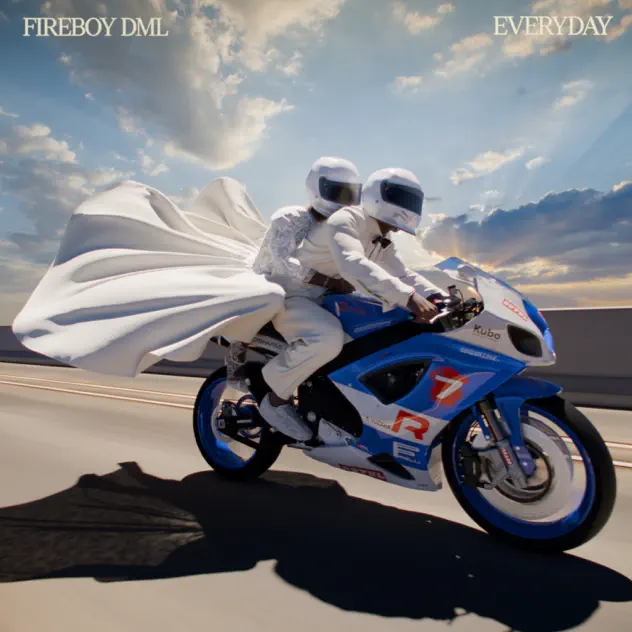
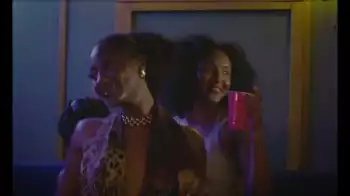
![Due West Our Sex Journey (2012) [+18]](https://www.memesng.com/r/storage.waploaded.com/images/28c71132e972177227618672c880b6db.jpg?w=50&ulb=true&ssl=1)




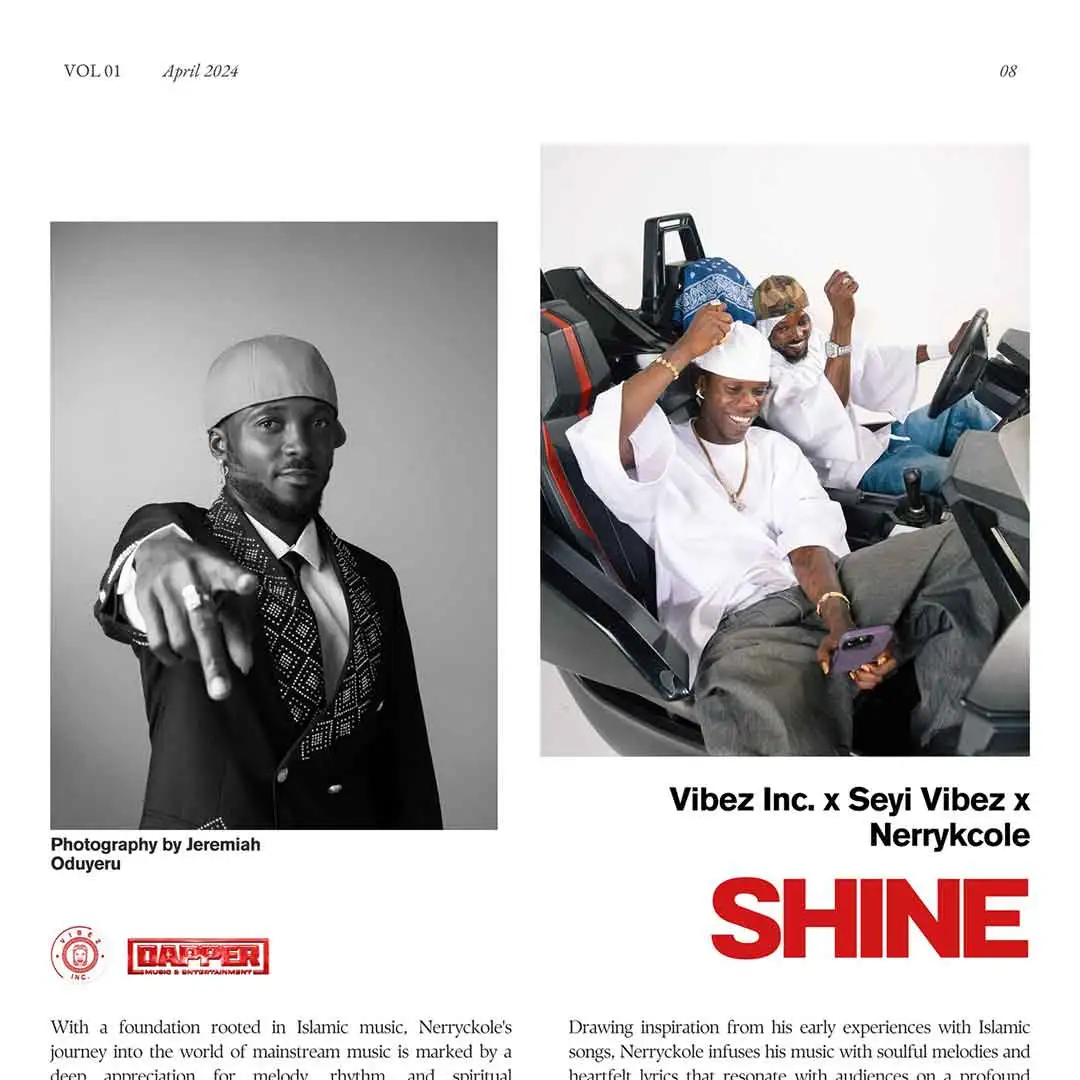

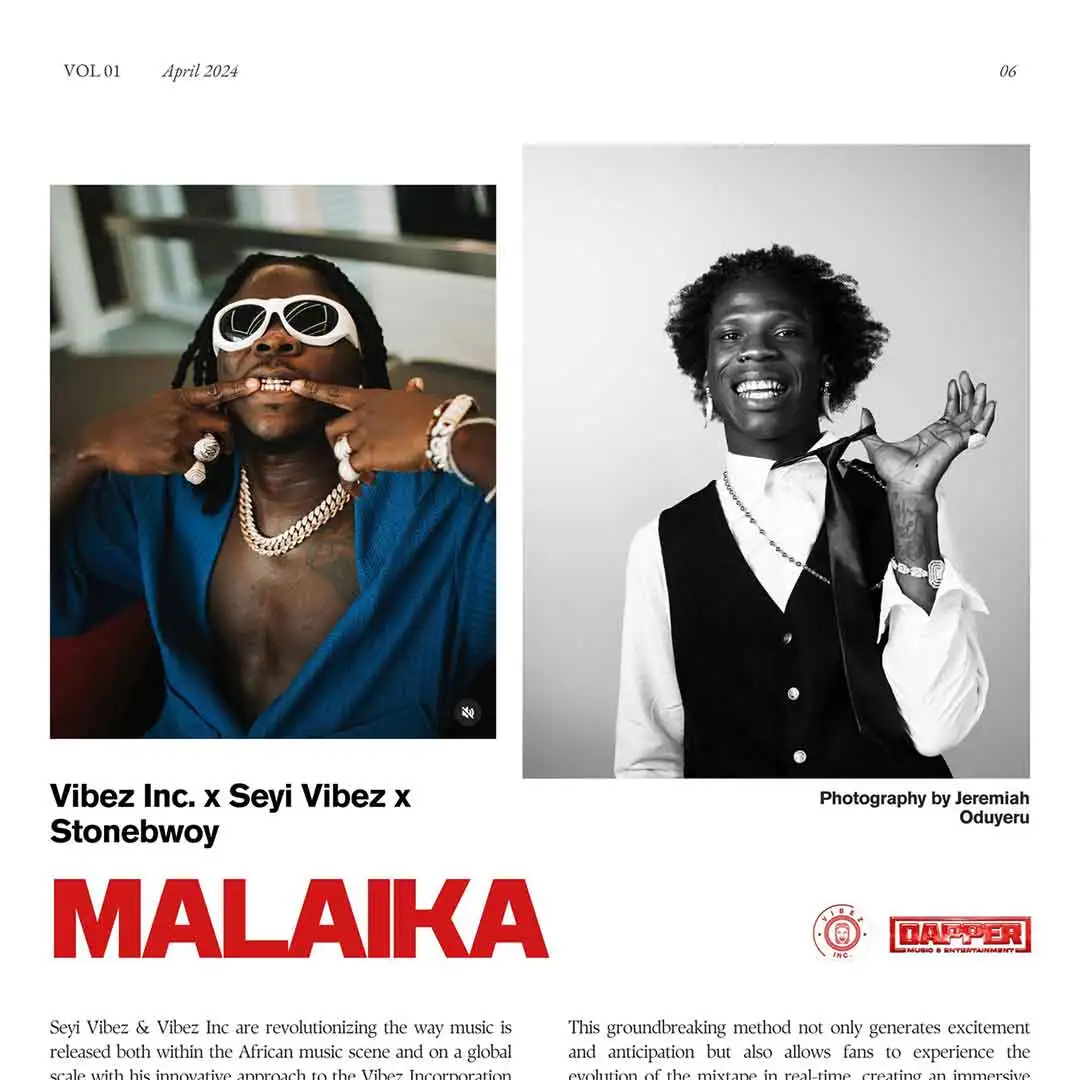
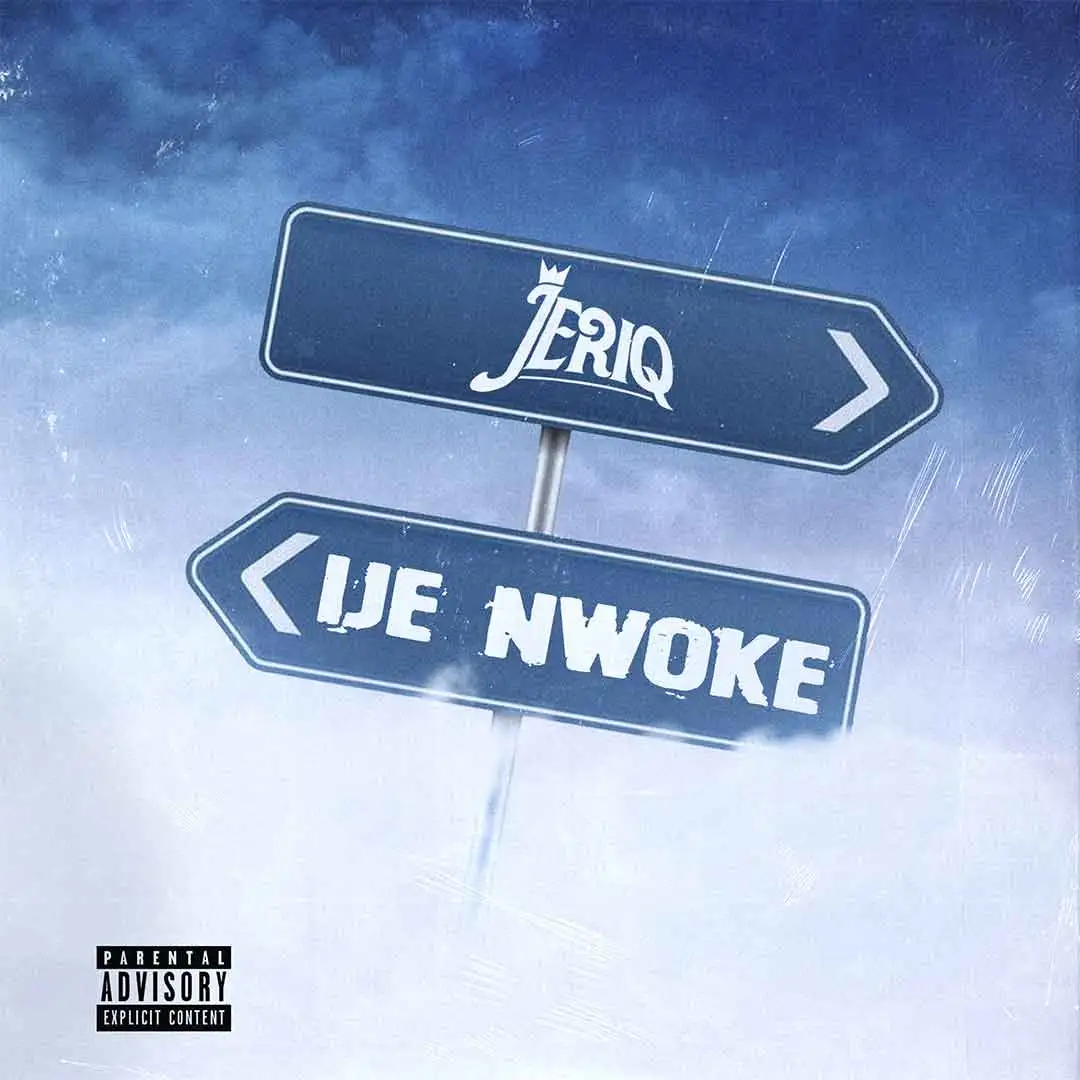

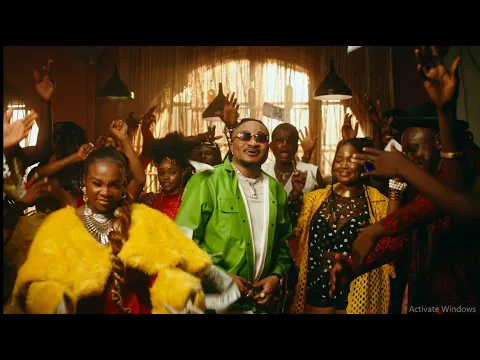




![Nothing Uncovered (2024) [Korean] (TV series)](https://www.memesng.com/r/storage.waploaded.com/images/bba7c274837376f54536693b3e95d809.jpg?w=50&ulb=true&ssl=1)
![The Brave Yong Soo Jung (2024) [Korean] (TV series)](https://www.memesng.com/r/storage.waploaded.com/images/6bbf7002ed646433d071dcebf9f2361d.jpg?w=50&ulb=true&ssl=1)
![In Cold Blood (2024) [Korean] (TV series)](https://www.memesng.com/r/storage.waploaded.com/images/64d0b2050777280ade35b2797b34c503.jpg?w=50&ulb=true&ssl=1)

{{comment.anon_name ?? comment.full_name}}
{{timeAgo(comment.date_added)}}
{{comment.body}}
{{subComment.anon_name ?? subComment.full_name}}
{{timeAgo(subComment.date_added)}}
{{subComment.body}}